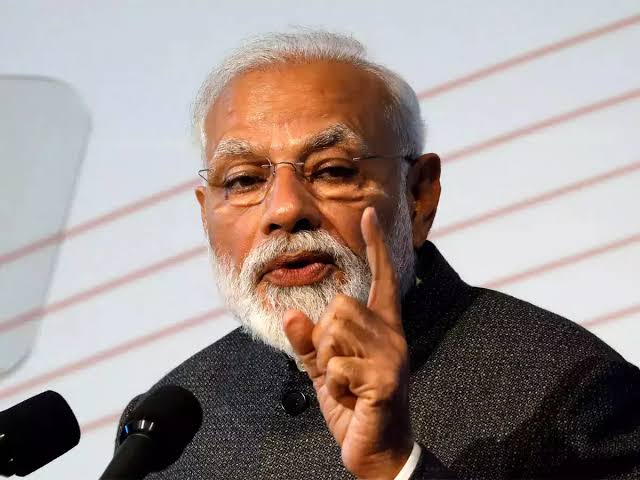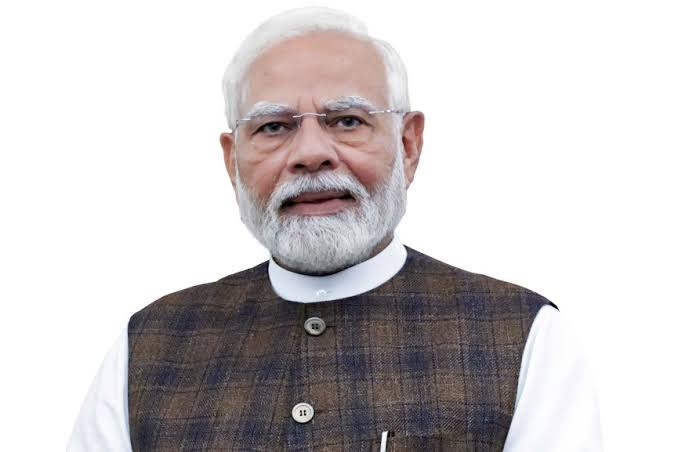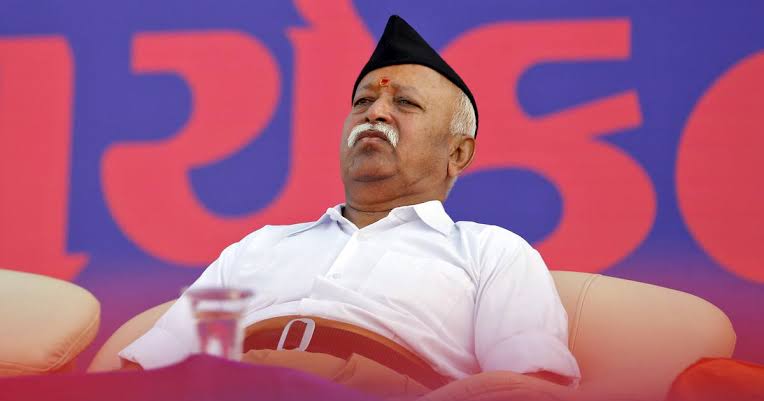At the ET Now Global Business Summit 2025 in New Delhi, Prime Minister Narendra Modi addressed a gathering of business leaders, policymakers, and stakeholders, reaffirming India’s commitment to economic progress and inclusive development. His speech painted a picture of a country that has rapidly transformed over the past decade, embracing reforms, empowering its people, and positioning itself as a key player in global economic discussions.
 Reflecting on his recent visits to France and the United States, Modi emphasized that global confidence in India is at an all-time high. “Today, be it major nations or global platforms, the confidence in India is stronger than ever,” he stated, highlighting India’s growing role in shaping global conversations. He pointed out that the country’s ascent to becoming one of the world’s top five economies within a decade is evidence of its accelerating development. With an ambitious vision for a “Viksit Bharat” (Developed India), the Prime Minister assured that the nation is on track to becoming the third-largest economy in the world in the coming years.
Reflecting on his recent visits to France and the United States, Modi emphasized that global confidence in India is at an all-time high. “Today, be it major nations or global platforms, the confidence in India is stronger than ever,” he stated, highlighting India’s growing role in shaping global conversations. He pointed out that the country’s ascent to becoming one of the world’s top five economies within a decade is evidence of its accelerating development. With an ambitious vision for a “Viksit Bharat” (Developed India), the Prime Minister assured that the nation is on track to becoming the third-largest economy in the world in the coming years.
One of the key themes of his address was the government’s commitment to structural reforms. Modi acknowledged that, in the past, difficult but necessary reforms were often avoided due to political hesitation. However, he stressed that his administration had undertaken transformative changes with full conviction, breaking free from colonial-era policies that had long hindered justice and progress. He cited the introduction of new judicial reforms, which have significantly reduced delays in the legal system, enabling faster and fairer justice for citizens.
The Prime Minister also highlighted a major reform in property rights through the Swamitva Yojana, which has helped over 2.25 crore people in rural India obtain legal property documents. This initiative has unlocked property worth ₹100 lakh crore, allowing individuals to access credit and create new economic opportunities. He shared moving stories of beneficiaries, such as a woman in Rajasthan who secured a loan to start a business, using her newfound property rights to uplift her family.
Addressing past governance failures, Modi spoke about the transformation of previously neglected “backward” districts into “aspirational districts.” These areas, once marred by poor governance and underdevelopment, have now become models of progress. Thanks to targeted interventions, regions that once struggled with poor education and healthcare indicators are now witnessing significant improvements. For instance, in Barpeta, Assam, the student-to-teacher ratio in elementary schools has improved from 26% to 100%, and child immunization rates in several districts have surged dramatically. Encouraged by these successes, the government is now focusing on 500 aspirational blocks across the country.
The Prime Minister also reassured business leaders that India’s economic framework is now stronger than ever. A decade ago, he noted, the banking sector was in crisis, with millions of Indians excluded from the financial system. Today, initiatives like the Mudra Yojana have provided ₹32 lakh crore in loans to small businesses and individuals who previously had no access to credit. Public sector banks, once grappling with record losses, have reported profits exceeding ₹1.25 lakh crore in the last three quarters alone—an indication of India’s strengthened financial backbone.
Reaffirming his commitment to making India an attractive destination for business, Modi highlighted the shift from a bureaucratic, restrictive environment to one that fosters ease of doing business. The introduction of GST has created a unified market, infrastructure development has significantly reduced logistics costs, and compliance burdens on businesses are being further reduced. Additionally, he announced the establishment of a Deregulation Commission to minimize government interference and create a more enabling environment for enterprises.
With an eye on the future, Modi acknowledged that India had missed the first three industrial revolutions due to colonialism and outdated policies. However, he asserted that the country is now ready to move forward with the world in the fourth industrial revolution. The government, he said, recognizes the private sector as a crucial partner in this journey and has opened up new avenues for private investment, including in space, drones, commercial coal mining, and even nuclear energy.
In his closing remarks, the Prime Minister reflected on the evolving nature of Indian politics, emphasizing that governance today is performance-driven. He pointed out that 25 crore Indians have risen out of poverty in the past decade, creating a new middle class eager to achieve their aspirations. To support this group, the government has increased the zero-tax threshold from ₹7 lakh to ₹12 lakh, ensuring greater financial security for millions.
Modi ended on a note of trust, calling it the cornerstone of a developed India. Whether it is citizens trusting their government, businesses trusting economic policies, or innovators trusting an enabling environment, he underscored that India’s progress hinges on this shared confidence. With a strong foundation in place and a clear vision for the future, the Prime Minister expressed optimism that India’s growth story will continue to inspire the world.




